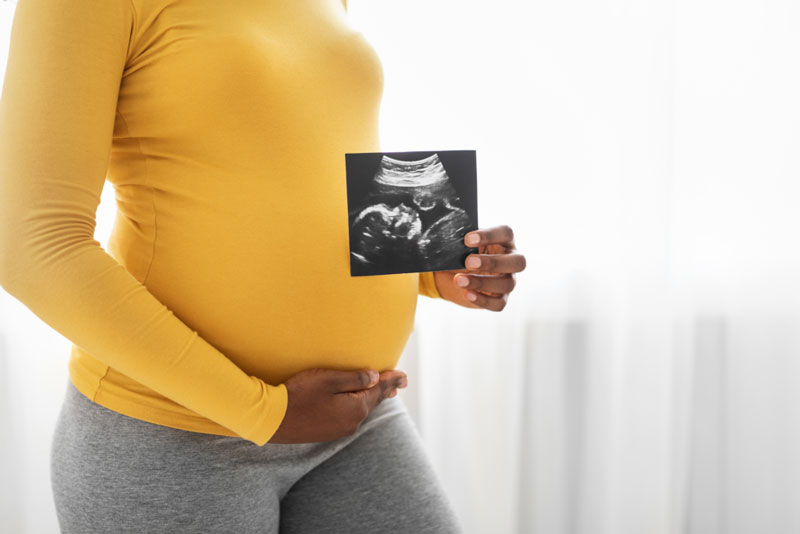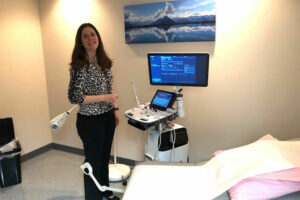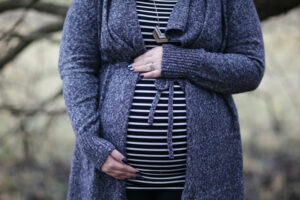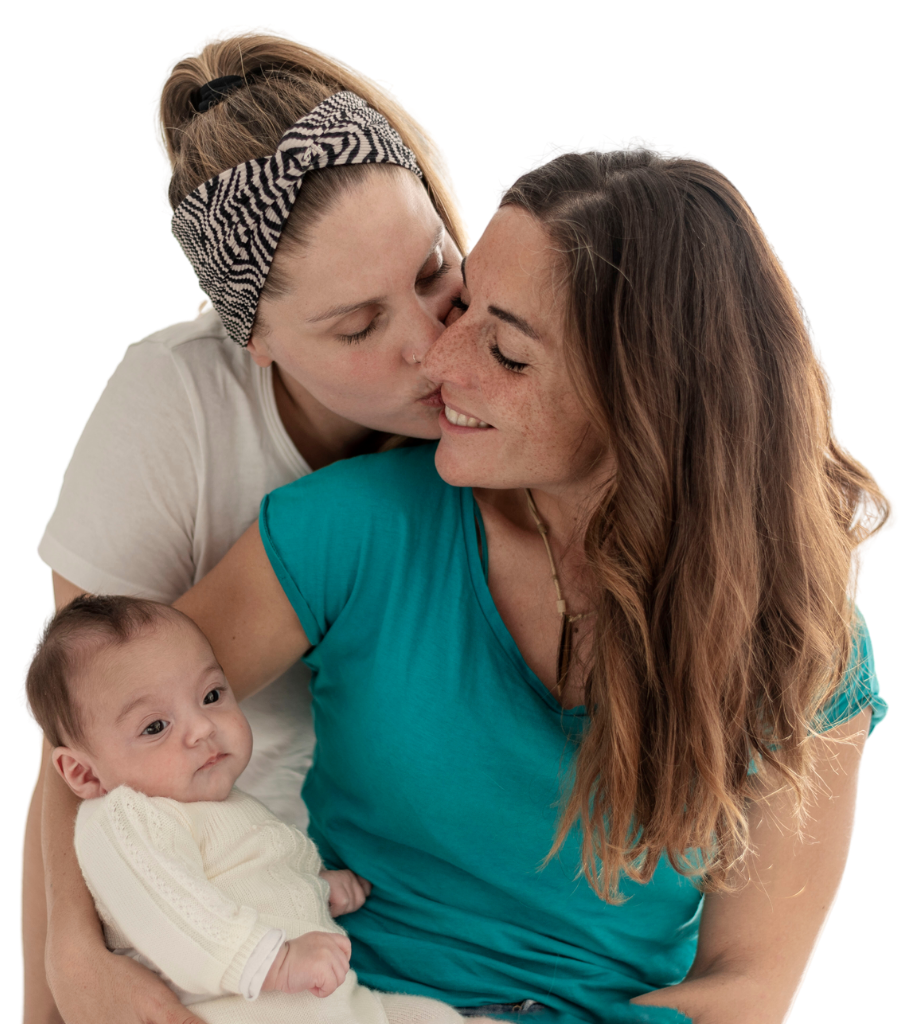We all understand the basics of conceiving a child: the sperm fertilizes the egg, which results in an embryo. That embryo then develops into a baby.
But do you know when a woman is the most fertile? Today, we’re going to talk about the menstrual cycle and ovulation, and when you have the best chances of becoming pregnant. It’s a little more complicated than you might think.
Ovulation and Fertility
Ovulation is the process in which a mature egg is released from the ovary. Once it ovulates, the egg lives for only 12 to 24 hours. Sperm can live for five, sometimes six days in the female reproductive tract — including the uterus and fallopian tubes.It might surprise you to learn that most pregnancies occur from sperm exposure up to six days prior to ovulation. If a couple has sex only on the day the female partner ovulates, the chances for conception are much lower.
Phases of the Menstrual Cycle
The purpose of a woman’s menstrual cycle is to prepare her body to get pregnant and carry a child. There are two phases: the follicular phase and the luteal phase.The follicular phase happens prior to ovulation. It starts on the first day of your period, and is when your body releases a hormone that stimulates pods in the ovaries (called follicles) to grow an egg. When one of the eggs in these follicles mature, it is released during ovulation.
The second phase, the luteal phase, occurs after ovulation. Hormones thicken the walls of the uterus to prepare it for pregnancy. This phase leads to your period if no pregnancy occurs.
The luteal phase lasts about 14 days every month. The follicular phase is variable in length. If you usually have a 28-day cycle, then both phases would be two weeks each. If you regular cycle is 35 days, the first phase would be 21 days, and then the luteal phase is 14 days.
Predicting Ovulation
Want to pinpoint your fertile window? There are a few ways to determine when you ovulate, and they all are related to hormone levels in the body.Ovulation predictor kits measure the LH (luteinizing hormone) surge on a urine test kit. When that surge happens, you’ll see a positive result. Ovulation will then occur 24 to 36 hours later. To maximize your chances of getting pregnant, we recommend couples have intercourse once a day for three days, starting on the day of the positive result. Keep in mind that over-the-counter ovulation predictor kits don’t work for everyone, but they can be a good starting point if you’ve never tracked your cycle.
You might also consider using an ovulation or fertility tracker app. They calculate your fertile window based on your previous cycle lengths. However, they do not work in women with PCOS or those with irregular periods.
You can also work with your OB/GYN or fertility specialist to help you optimize your fertility window. They may suggest ultrasound monitoring in the office along with hCG (human chorionic gonadotropin) injections, also called “trigger shots.” Your doctor will advise you on when to take the trigger shot. Exactly 36 hours after the injection, an egg will release.
If you don’t want to do testing just yet, simply have regular intercourse. Assuming you and your partner don’t have an underlying infertility issues, that can increase your chances of conception. Having sex every day, or every other day, ensures that there is always sperm in the uterus that’s ready to fertilize the egg when it is released. Your chances of getting pregnant decrease if you have sex less than twice a week. For men with sperm abnormalities, your doctor may advise a longer period of abstinence in between sessions.








